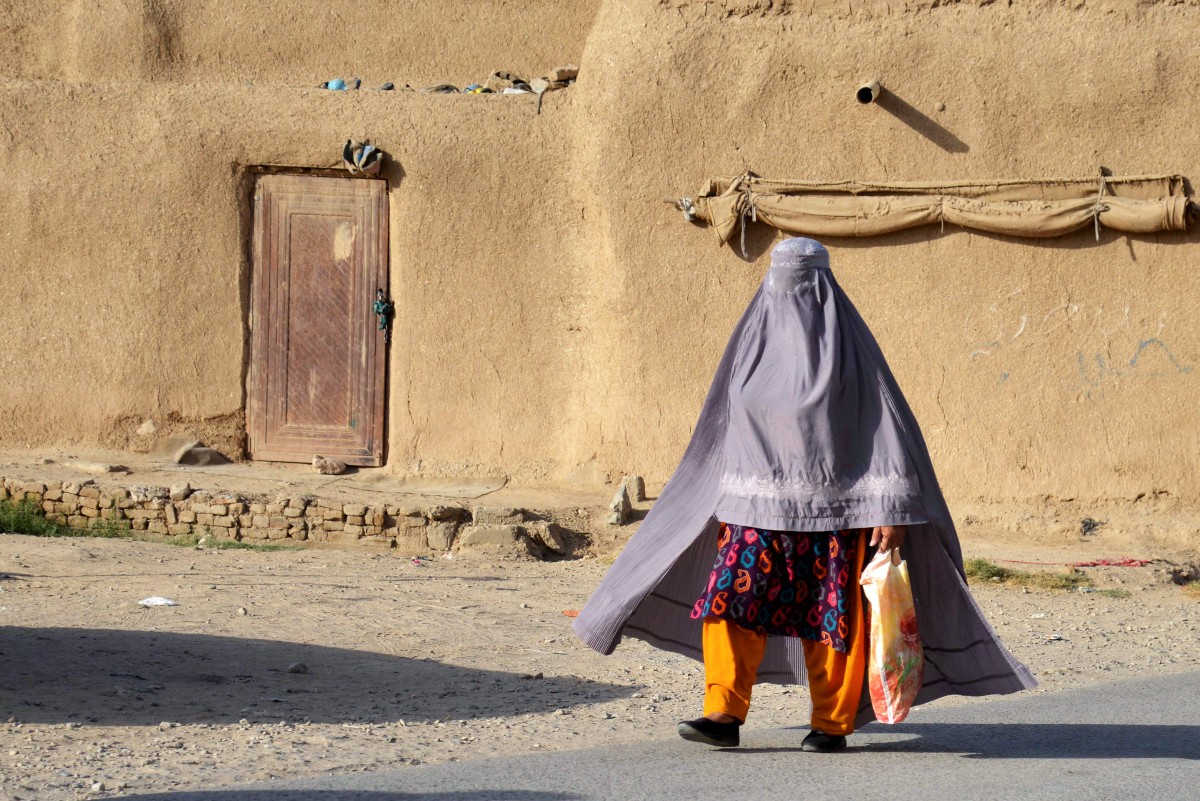In Afghanistan, where the Taliban re-established power in 2021, the situation for women has rapidly regressed as restrictive orders impose increasing limits on their freedoms. The latest decree bans women from reciting the Quran aloud, even in the presence of other women, illustrating the extent of the Taliban’s control over women’s religious practices.
While the directive currently applies only to prayer, it signals a deeper marginalization of women in Afghan society. For many, this edict is another disheartening sign of diminishing rights and liberties for women under the Taliban.
The Decree: No Recitation Aloud During Prayer
The recent ban, issued by Mohammad Khalid Hanafi, the Taliban’s minister for the propagation of virtue and prevention of vice, prohibits Afghan women from reciting the Quran out loud when other women are present.
Hanafi’s argument centers on the concept of awrah, which in some Islamic interpretations refers to parts of the body or certain attributes that should remain concealed. He stated that a woman’s voice falls under awrah, claiming it must not be heard in public, including by other women, even during religious acts.
Hanafi cited precedents, stating, “When women are not permitted to call Takbir or Azan, they certainly cannot sing songs or music.” According to his edict, an adult woman praying aloud should not be overheard by another passing woman, implying that women must adhere to silent or barely audible prayers.
Read : Taliban Bans Displaying Pictures of Living Things on TV in Afghanistan
The Taliban’s new restriction echoes their broader approach, limiting women’s voices both literally and figuratively. Though it may seem narrowly targeted at prayer, experts and activists worry that this policy may soon extend into everyday interactions, effectively silencing women in public spaces altogether. It is a clear step in a trajectory of restrictions that have sought to render women invisible in Afghan society.
Broader Impact: Silencing Women in Public Life
Beyond religious practices, the Taliban’s growing restrictions on women’s voices are taking root in many public and professional settings. Local sources report that women, especially those in healthcare, face severe limits on speaking in public.
Female healthcare workers, who are among the few Afghan women permitted to work outside their homes, have been instructed to remain silent, particularly in the presence of male relatives or strangers.
As one midwife from Herat told Amu TV, “They don’t even allow us to speak at checkpoints when we go to work. And in the clinics, we are told not to discuss medical matters with male relatives.”
This suppression of women’s voices reflects an even broader intent to curb women’s social interactions and independence. Preventing women from speaking with male relatives or medical professionals could hinder their access to essential health services and resources, impacting both female patients and female medical staff.
The restriction not only complicates daily activities but also impedes women’s ability to fully participate in society, reducing their autonomy and safety. Ultimately, silencing women in public could strip them of the capacity to express themselves or advocate for their needs, further marginalizing them in Afghan society.
This control over women’s speech is part of a pattern that began when the Taliban returned to power. From initially barring girls from education to enforcing strict dress codes, the Taliban’s policies reveal an overarching goal to push women out of public spaces and social roles.
According to various rights advocates, these actions are not just about enforcing religious guidelines but are designed to undermine women’s position in society, eroding any gains made over the past two decades. With each restriction, the Taliban constrains women’s agency, reducing their role in shaping their own lives and futures.
A Restrictive Trajectory: The Future for Afghan Women
While the Taliban have repeatedly assured the international community that they intend to respect women’s rights within an “Islamic framework,” the reality on the ground is starkly different. Afghan women, who previously engaged in education, careers, and community leadership, are witnessing the collapse of their personal freedoms.
In August, women were ordered to cover their entire bodies, including their faces, when stepping out, a measure intended to limit their visibility in public. Now, with the ban on women’s voices during prayer and further restrictions on public speech, it is clear that the Taliban’s approach is to prevent women from participating in public life.

These restrictions not only infringe upon basic human rights but also have profound implications for Afghan society. Afghanistan, already struggling with economic challenges, risks losing valuable human resources as women are barred from contributing to society.
The silencing of women also restricts critical discussions, perspectives, and solutions that female voices can provide, depriving communities of comprehensive solutions to complex issues. As half of Afghanistan’s population, women play a vital role in shaping the country’s development and prosperity, and their absence weakens the nation as a whole.
This trajectory toward a more isolated existence for Afghan women points to a future where women may lose their right to participate meaningfully in both public and private spheres. Such regressive measures threaten to dismantle the progress achieved by women’s rights advocates in Afghanistan over the past two decades.
As the Taliban continue to impose their vision of virtue, women are left to navigate a society where they are increasingly invisible, constrained by mandates that keep them away from educational, economic, and social opportunities.

